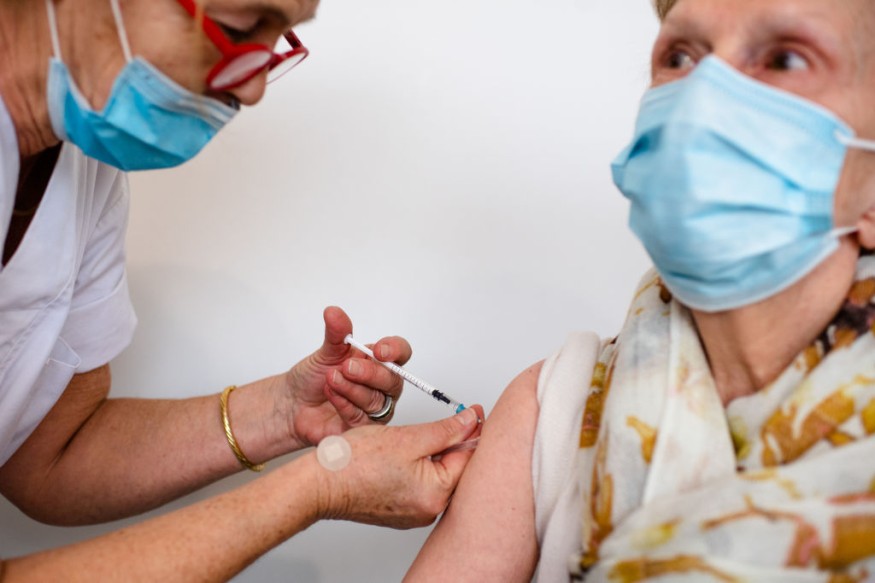People, especially women under 40 are likely to experience the side effects of COVID-19 vaccines, an expert said.
The US Centers for Disease Control and Prevention processed about 7,000 reports from December 14, 2020, to January 13, 2021, for its Vaccine Adverse Event Reporting System. The CDC found out that more than 79 percent came from women.
Most Common COVID-19 Vaccine Side Effects
The most common side effects are fatigue, dizziness, and headaches, apart from other body aches and pains, such as a sore arm.
Women are likewise expected to feel the vaccine's rare side effects, such as an itchy red rash near the injection area, 95 percent of which occurs with the Moderna vaccine. Overall, women experience 77 percent of the reported side effects from Moderna vaccines. This however tells a good sign that the vaccine is effective.
But why are women more likely to experience the vaccine's side effects than men?
Biological Differences as a Key Indicator
Health experts point to biological differences, among others.
"People wonder if it's because women have more estrogen but that remains to be studied," said Dr. William Schaffner, a Vanderbilt University infectious disease expert in an interview with CBS News affiliate WEMY2. "The short answer is there's got to be reasons for it but we don't know what they are."
In a USA Today report, women are said to have a better immune response to vaccines than men, and this led to their having reported more side effects.

Rosemary Morgan, a Johns Hopkins Bloomberg School of Public Health research scientist emphasized that "From a biological perspective, women and girls produce sometimes twice as many infection-fighting antibodies from vaccines."
While there are no data that compare men's and women's immune response to the vaccine, a 2019 study, Age-associated changes in the impact of sex steroids on influenza vaccine responses in males and females, discovered that women had more cytokine and antibody responses than men after getting the flu vaccine.
This is due to women having a higher frequency of T-Helper cells or CD4+ T cells that activate other immune system cells that let the antibodies fight the virus, according to immunologist scientist Dr. Daniel Saban of the Duke School of Medicine, as further noted in the report.
Side Effects Prove the Vaccine's Effectivity
Yet even with severity of the side effects, they would prove the vaccine's effectiveness.
Dr. William Moss, a Johns Hopkins University vaccine expert, however, said that not getting any reaction would not mean the vaccine was not effective. "People will say, 'Well if I didn't get a reaction, does that mean the vaccine didn't work?' and the answer is, no," Moss further told WEMY2. "(There are) no implications for protective efficacy...No implications for how your body would respond if you got infected with the actual SARS-CoV-2."
About a dozen people experienced adverse reactions to the Johnson & Johnson vaccine in Commerce City, Colorado.
The Department of Health and Environment in Colorado would later note that reactions were those "consistent with what can be expected" with a single-dose injection.
Check out more news and information on COVID-19 Vaccines on Science Times
© 2026 ScienceTimes.com All rights reserved. Do not reproduce without permission. The window to the world of Science Times.











